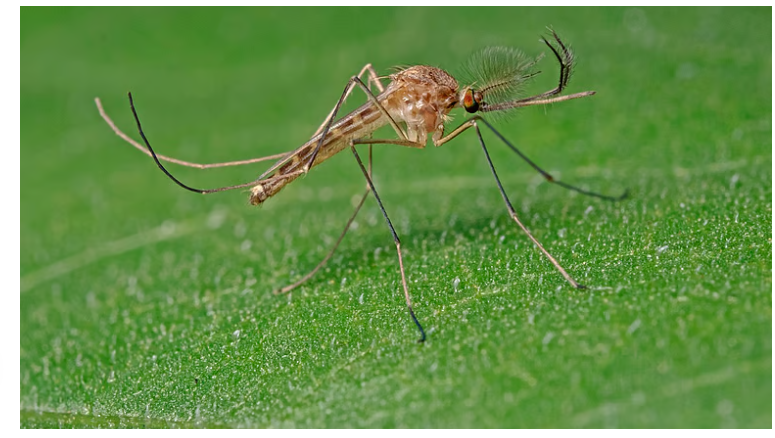Iceland Sees First Mosquitoes as Culiseta annulata Found in Kjós Valley

In News: Mosquitoes Discovered in Iceland, Ending Its Status as One of the Last Mosquito-Free Havens
Analysis:
- Context:
- Mosquitoes have been discovered in Iceland, previously one of the only two mosquito-free regions on Earth, along with Antarctica.
- The discovery was made in Kjós, a glacial valley southwest of Reykjavik, by local insect enthusiast Hjaltason.
- Species Identified:
- The mosquitoes were identified by the Icelandic Institute of Natural History as Culiseta annulata, a species capable of surviving winter.
- This species is common in parts of Europe and North Africa.
- Possible Causes:
- Iceland has experienced record-breaking high temperatures and prolonged heatwaves in 2025.
- Climate change and warming trends may have facilitated mosquito survival and breeding in previously inhospitable environments.
- Significance:
- The presence of mosquitoes in Iceland represents a notable ecological shift in a region long considered too cold for mosquito habitation.
- It may have implications for public health, biodiversity, and ecosystem dynamics, as mosquitoes can act as disease vectors and influence local food chains.
- Uncertainties:
- How the mosquitoes arrived in Iceland remains unclear.
- Ongoing monitoring will be necessary to understand whether a sustainable population is establishing on the island.
Static Information:
- Culiseta annulata: A mosquito species adapted to colder climates, capable of overwintering.
- Iceland Climate: Traditionally cold with limited stagnant water, preventing mosquito breeding; recent years have seen record high temperatures, e.g., 26.6°C at Eglisstaðir Airport in May 2025.
- Previous Mosquito-Free Status: Along with Antarctica, Iceland had historically been free from mosquitoes.
Updated - 22 Oct 2025, 4:42 pm | Down to Earth